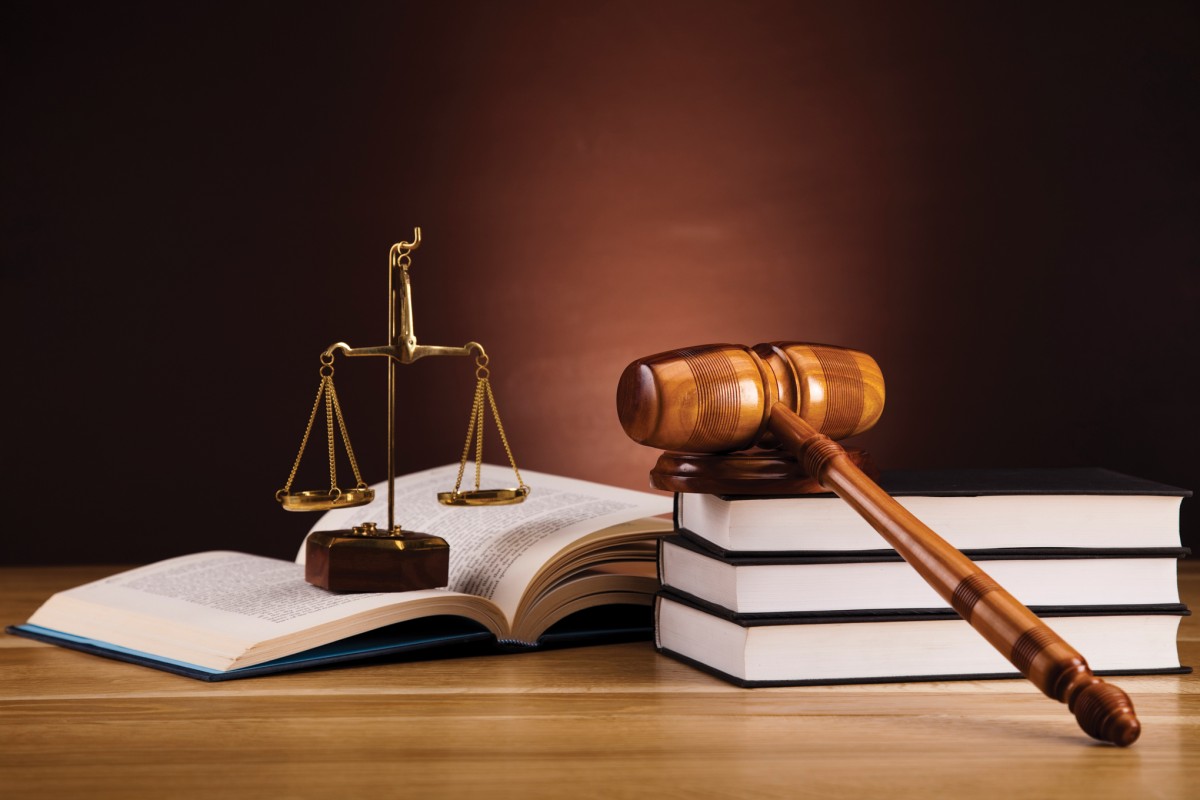CHARLESTON — The House Judiciary Committee on Friday revived and passed four bills that fizzled in past sessions. They deal with animal protection, the state Supreme Court, lottery gambling and drunken driving on private property.
HB 2185 deals with rescuing animals left confined and unattended in vehicles, where they face injury or death due to extreme heat or cold or insufficient ventilation.
West Virginia is among the states that lack Good Samaritan laws to protect private individuals, police or other officials from facing lawsuits for breaking into vehicles to rescue animals.
This bill names four “agents” acting in their official capacity who may be summoned to break into the vehicle: emergency medical service personnel, humane officers, law enforcement officers and firefighters.
The agent must leave written notice in the vehicle to enable to owner to retrieve the animal. The agent may not search the vehicle or seize items unless otherwise legally permitted.
Delegates also took the opportunity to tweak a few bits of the existing code dealing with the criminal fines and penalties for cruelty that this bill falls under. Delegate Tom Fast, R-Fayette, added a provision to protect, for example, a cattle rancher from losing his herd if he’s convicted of leaving his dog in his truck.
Delegate Barbara Evans Fleischauer, D-Monongalia, added one to allow low-income people who can’t afford to immediately pay the fines to make payment arrangements so that they can retrieve their animal. She also added one to make court-ordered psychological evaluations for the various misdemeanor offenses in this section discretionary rather than mandatory.
The bills is also referenced to Finance but Judiciary chair John Shott, R-Mercer, will ask to have that waived so it can go straight to the floor, since the bill has no state financial impact.
HB 2164 deals with appeals to the Supreme Court. Several years ago, in response to complaints that the court was turning away too many cases, it resolved to issue a written decision in every case, whether it’s a full, signed opinion or a more concise memorandum decision.
This one-sentence bill codifies the court’s action: “All appeals shall be afforded a full and meaningful review, and an opportunity to be heard, by the West Virginia Supreme Court of Appeals, and a written decision on the merits shall be issued, as a matter of right.”
Given the Supreme Court’s recent undoing of the summer impeachment proceedings, some members questioned whether the court would consider this a binding directive. “All bets are off at this point,” Shott said.
But Fleischauer, a co-sponsor, said after the meeting it might avert creation of an intermediate appeals court, with all its new costs.
This bill goes next to the full House.
HB 2184 is the same as SB 27, which passed out of Senate Finance to the full Senate on Thursday.
It removes the current law restricting Keno lottery games to bars and clubs, opening it up to be offered by any licensed lottery retailer.
Kayla Brown Giordano, with the Lottery Commission, told members that Keno is a computerized number-draw game, similar to Daily 3 or Daily 4, but runs once every five minutes instead of once a day. A player can choose one to 10 numbers.
The computer is kept behind the retail counter and the customer has to interact with an employee to play it, so underage kids wouldn’t be able to play. (The lottery age limit is 18.)
Last year’s bill, SB 324, passed the Senate 28-5 but died in this committee. In 2017, that year’s version, SB 468, passed the Senate 27-7, passed House Judiciary and died in House Finance.
The 2017 Lottery Commission fiscal note estimated $3 million in new Keno sales, with a net of $592,300 after deducting winnings, retailer commissions and fees. The bill goes next to Finance.
HB 2183 deals with someone who drives drunk on their own property. A 1980 court case, stemming from an incident where a man was jailed for DUI for four months for moving his car around a parking lot. The court ruled to protect DUI on private property not generally open to the public.
Then, in 2012, in response to a man being cited for DUI while driving an ATV on his own land, the court extended DUI law to cover all private property, even if it’s closed to the public.
This bill codifies that DUI applies only to roads of the state: public highways and private roads. It does not apply to private roads on private property, and where the driver hasn’t left and doesn’t plan to leave the property.
It does carve out an exception for a driver who has just entered a parking lot or driveway or is about to leave a parking lot or driveway. Committee counsel said this prevents someone from avoiding arrest by ducking into a parking lot or driveway and claiming immunity.
It goes next to the full House.
TWITTER @dbeardtdp Email David Beard at dbeard@dominionpost.com




